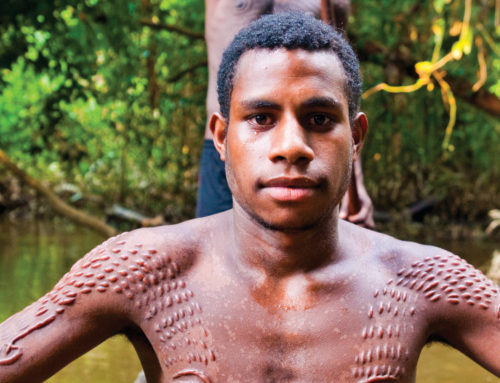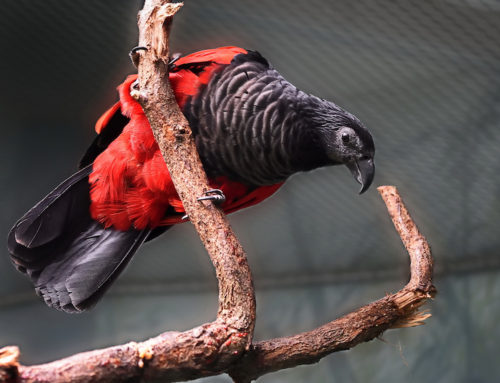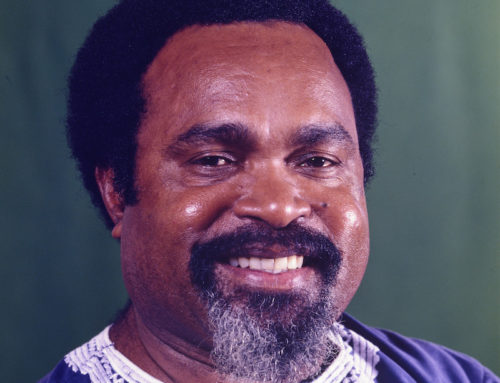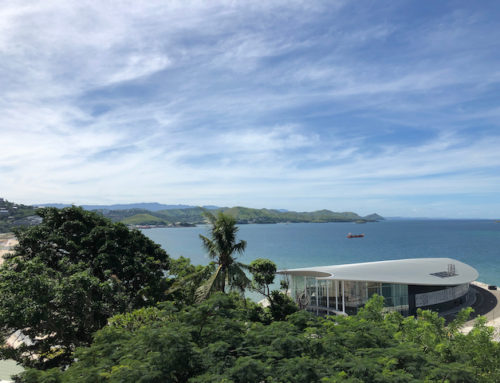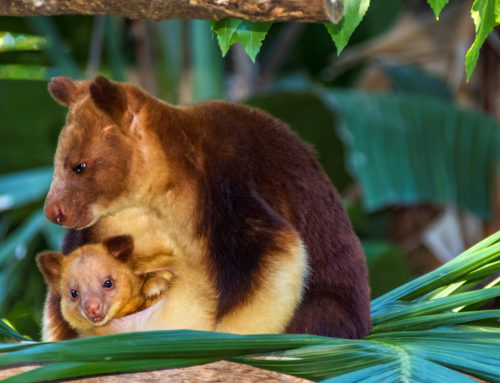Sepik River Crocodile and Arts Festival
Thursday 6th August 2020
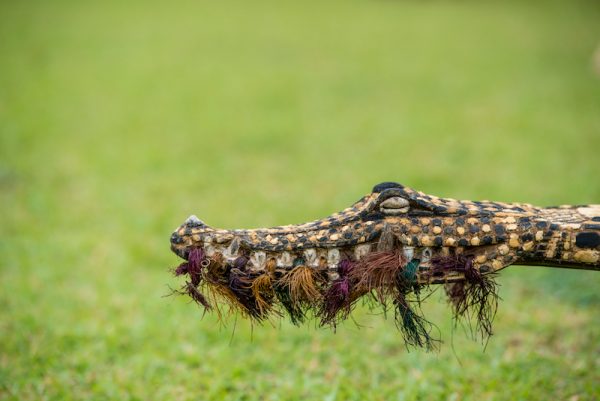
Spanning three days, the Sepik River Crocodile and Arts Festival offers a unique insight into one of the most fascinating cultures in Papua New Guinea.
The event celebrates the region’s unique spiritual connection with the crocodile, highlighting its cultural significance to the many communities that live along the Sepik River.
Here’s an insight into what’s on offer during the festival and why it’s a truly unforgettable event.
The festival
First hosted in 2007, the Sepik River Crocodile Festival has evolved from humble beginnings to become one of the major events in Papua New Guinea.
Initiated by the World Wide Fund for Nature, the event was first proposed as a way of preventing the burning of grass along the Sepik River, which was destroying the crocodile’s habitat.
In the years since, the festival has grown to become one of the major annual fixtures on the PNG calendar, celebrating the unique bond that people of East Sepik share with this ancient creature.
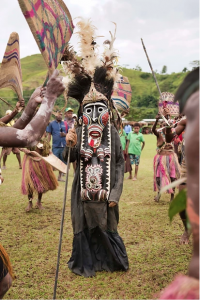
Image via www.sepikrivercrocodilefestival.com
The mighty Sepik
Often referred to as the Amazon of Papua New Guinea, the Sepik River is the largest in the Asia Pacific region and home to some of the world’s largest fresh and saltwater crocodiles.
Here, the crocodile isn’t just a reptile to be feared, but rather revered for its spiritual connection to the people who live there.
Throughout the region, crocodiles hold a special significance in the lore and culture of the various tribes. Many share a spiritual belief that humans evolved from these reptiles, becoming land dwellers when they migrated from the river.
The crocodile men
While the people of the region share a sacred reverence for the crocodile, few embrace it quite so entirely as the Chambri tribe. Renowned for their scars which closely resemble the look and feel of a crocodile skin, Chambri people embark on a unique ritual as boys transition into adults.
Elsewhere along the Sepik, children are taught from an early age how to hunt, capture, and hold crocodiles, while this ancient creature also features heavily in oral history and through customs such as singsings.
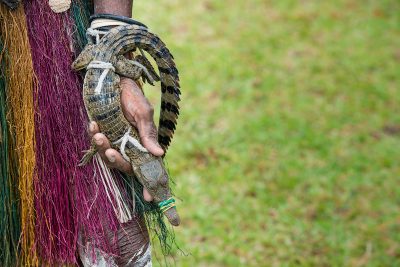
Attending the festival
Traditionally held on the first weekend of August each year, this year’s festival has been postponed until 2021, when it will take place from August 5 to August 7 in Ambunti, East Sepik Province.
The three-day event will feature an insight into the tradition and beliefs of the people who reside along the Sepik, with groups from all across the region taking part.
Among the attractions are traditional ‘singsings’ where various groups perform, and each dance tells a story of the village way of life or their unique relationship with the ‘pukpuk’ (crocodile)
Meanwhile, the festival also serves to:
- Conserve the Sepik river
- Promote tourism in Ambunti and East Sepik province as a whole
- Encourage the traditional arts and crafts in the province
- Motivate the young generation to learn, practice and ultimately keep alive their culture
- Collaborate and showcase the arts and crafts during the festival
- Bring economic benefits to the rural communities, districts, province and the nation as a whole.
You can learn more about the Sepik River Crocodile Festival here.
About Paga Hill Estate
Paga Hill Estate is a world-class, master-planned estate in the heart of Port Moresby, Papua New Guinea. The waterfront site is the first comprehensively planned multi-use development in Papua New Guinea to be enjoyed by both residents and visitors alike.
The all-inclusive development will include vibrant public spaces and waterfront promenade, luxury hotels, residential apartments, restaurants, retail, commercial space, a Trade, Exhibition & Cultural Centre, restoration of WWII relics, marina precinct and a nearby international cruise liner terminal.

